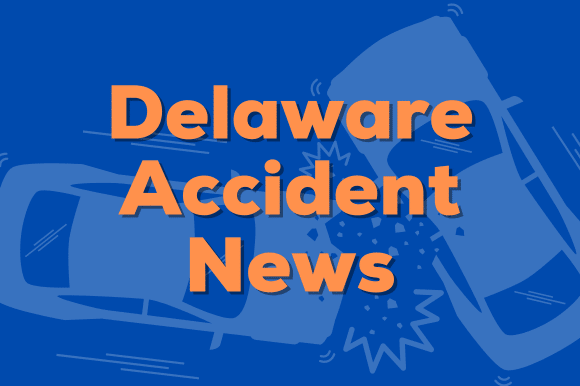Illustration by Eric Wilson for Votebeat
A Fulton County Superior Court Judge has ordered the Atlanta Police Foundation to comply with a series of open records requests filed by a group of reporters and researchers related to the Atlanta Public Safety Training Center, colloquially known as “Cop City.” The foundation has 30 days to release 15 unredacted public records it had sought to withhold in a case closely watched by journalists and government transparency advocates alike.
The foundation is a private nonprofit organization that raises funds for the Atlanta Police Department, helps with police recruitment and serves as the driving force behind the controversial 85-acre training facility that opened earlier this year after mass protests and crackdowns from the state.
The plaintiffs, Atlanta Community Press Collective and Chicago-based research center Lucy Parsons Labs, had first requested records regarding the training center back in 2023. The requested records included APF board meeting agendas and minutes, budget documents, emails between foundation officials and Georgia Attorney General Chris Carr, and various contracts. However, they received no response from the APF, even as the foundation provided records to news outlets like the Atlanta Journal-Constitution and WSB.
In a 12-page order released Friday, Judge Jane Barwick ruled that the APF’s decision to withhold the records violated Georgia’s open records laws, stating that “records ‘maintained or received by a … private person or entity in the performance of a service or function for or on behalf of an agency’ are subject to the Open Records Act.”
As a result, “APF was under a duty to provide records to ACPC and Lucy Parsons Labs pursuant to the Open Records Act,” the ruling reads. “Under the authority explained in this Order, no exemptions applied.”
Barwick also emphasized that public records could not be withheld on the basis of which person or group requested them.
“Let the record also be clear that the identity of the requestor does not determine whether records are characterized as public,” she wrote.
However, she declined to award attorneys’ fees to the plaintiffs, reasoning that the police foundation did not “knowingly and willfully” violate the Open Records Act. During a two-day bench trial in April, APF President and CEO Dave Wilkinson testified that he viewed responding to the records requests as voluntary, since he did not believe that the private nonprofit was subject to Georgia’s open records laws. He also argued that releasing unredacted records could endanger the individuals named in those records by exposing them to harassment and threats from protestors.
The press collective applauded the ruling, but condemned the multi-year battle it took to gain access to the records.
“While we’re pleased with the result of the lawsuit, we’re frustrated that it required a lawsuit to confirm what we already knew to be true: the Atlanta Police Foundation should be responsive to records requests regarding its operations for and on behalf of the City of Atlanta,” the community press collective said in a statement on the ruling.
Joy Ramsingh, an attorney who represented the plaintiffs in the suit, also criticized the police foundation’s initial refusal to provide the records.
“The fact that APF continued to fight even though the law was so clearly established against them, I think shows bad faith,” Ramsingh said. “I think it shows a very political mindset on their part as opposed to a willingness to comply with the law.”
The police foundation also applauded the ruling, saying it “welcomes and celebrates Judge Barwick’s court ruling as a clear affirmation of our role, our structure, and our ongoing commitment to public safety in Atlanta,” and that they plan to “fully comply” with the plaintiffs’ record requests.
Georgia’s shifting public records landscape
The issue of public access to government records has been an ongoing issue across the state in recent months. Last August, the Georgia Supreme Court ruled that private contractors working for public entities are still subject to open records laws, and can be sent requests for public records they may possess. The ruling reversed an appeals court decision that government transparency advocates argued would shield certain public records from disclosure.
The case also prompted new legislation aimed at clarifying Georgia’s existing public records law. Under Senate Bill 12, which was signed into law by Georgia Gov. Brian Kemp earlier this year, requests for public records that involve a private entity must now go through the local governmental agencies that contracted with those third parties. Though a last-minute amendment sought to restrict public access from records of police officers’ stops, arrests and incident responses, legislators in the House ultimately reversed the changes before advancing SB 12 to the governor’s desk.
Read Judge Barwick’s ruling:
YOU MAKE OUR WORK POSSIBLE.
This post was originally authored and published by Maya Homan from Georgia Recorder via RSS Feed. Join today to get your news feed on Nationwide Report®.






























